Horace Silver has passed away at the age of 85.
The pianist and composer suffered a cardiac arrest at his New York home early this morning. There was much speculation about his condition earlier today, complicated by his death being falsely reported almost a year ago. But his passing has now been confirmed by NPR:
NPR has confirmed the death of Horace Silver. He died late this morning at age 85.
Silver stands as one of the most influential jazz musicians to have ever lived. In passing he leaves behind a strong legacy of powerful compositions like “Señor Blues” and “Song For My Father” that have become jazz standards in their own right, set a high bar for jazz compositions even today, and are sure to stand the test of time.
Silver was born Horace Ward Martin Tavares Silva in 1928 to, in his own words, a mother of “Irish and Negro descent, my father of Portuguese origin… He was born on the island of Maio, one of the Cape Verde Islands,” as stated in his 2006 autobiography ‘Let’s Get To The Nitty Gritty.’
His father’s heritage exposed him to diverse genres of music and helped him discover a love of music from a very young age.
“He loved the folk music of Cape Verde. Mr. Nick Santos and Mr. Manuel Perry, friends of my dad who were Cape Verdean, played these instruments also.
“Occasionally, they would hold a dance party in our kitchen on a Saturday night. The women fried up some chicken and made potato salad. The men would get whiskey and beer and invite all their friends, Cape Verdean and American blacks, to come and have a good time,” Silver wrote.
He started performing music in high school, taking up both the saxophone and the piano. When he started his career as a musician, he was a tenor saxophonist with a relaxed “cool” tone similar to Lester Young’s. Eventually, Silver switched to the piano – A decision that would prove pivotal just a few years later, when tenor saxophonist Stan Getz made a guest appearance in Hartford, CT and chose Silver’s piano trio to accompany him. The group gelled so well, Getz took them on tour with him for well over a year.
Just a year after touring with Getz, Silver moved to New York where he quickly became associated with drummer Art Blakey. Blakey would go on to perform with Silver regularly, using Silver’s compositions in his own records, such as “Split Kick,” “Quicksilver,” and “Mayreh” on the iconic A Night At Birdland, Vol. 1 (1954) album.
In the years that followed, Silver continued to perform with and compose for the likes of Miles Davis, Clifford Brown, Art Farmer, Joe Henderson, Michael Brecker, Randy Brecker, and countless others; playing the same deep grooves and complex compositions with a touch of Latin flare that would ultimately define his sound and influence the generation of players that followed him to do the same. Music, and in particular Jazz, would not be the same had he not hit the scene.
Silver continued to write, record, and perform prolifically through to the late ’90s. Having recorded for Blue Note, Columbia, Impulse, and Verve since 1954; he released his last recording ‘Jazz Has A Sense Of Humor’ in 1999. He held what was billed as his final performance in 2004, and has rarely been seen since that date – Likely a result of the Alzheimer’s disease he suffered from throughout his later years.
On a personal note, Silver’s iconic “Song For My Father” was one of the first songs I really mastered once I learned to string more than a few notes together on the saxophone. That beautiful piece of bossa will always hold a special place in my heart and, for better or for worse, likely plays a role in the founding of this very website.
R.I.P. Horace Silver (1928-2014).
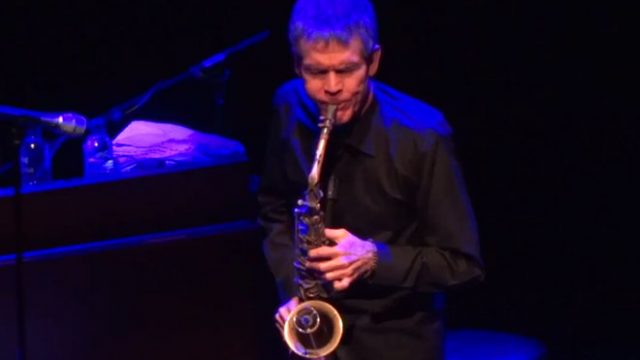

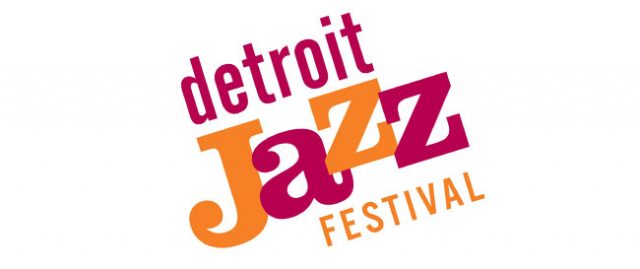

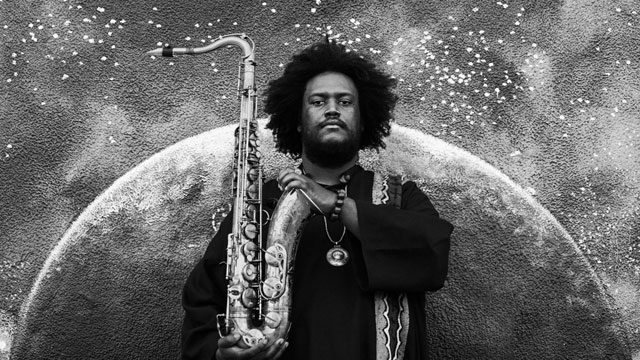
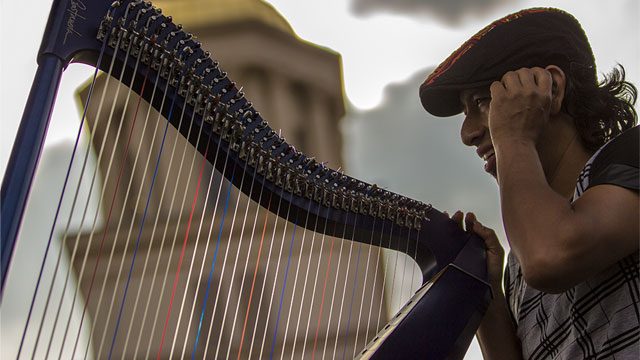
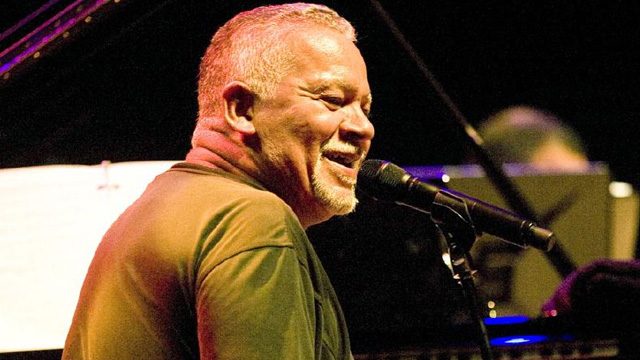
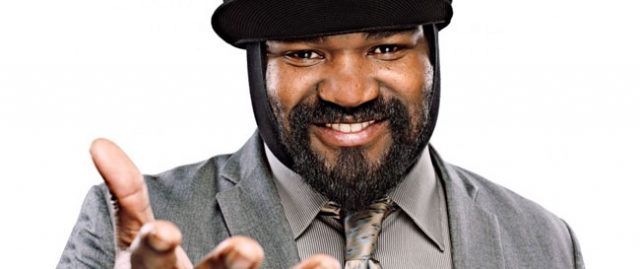

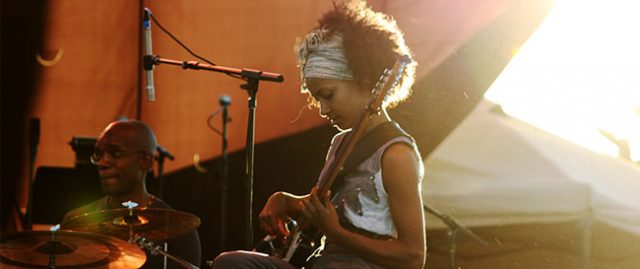
Have your say! Leave a comment below: